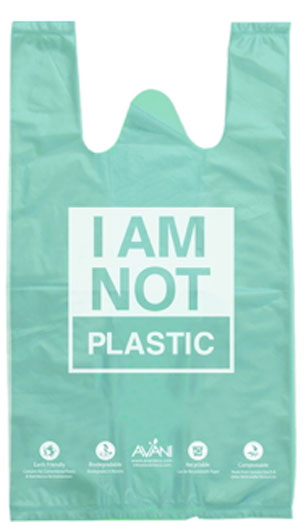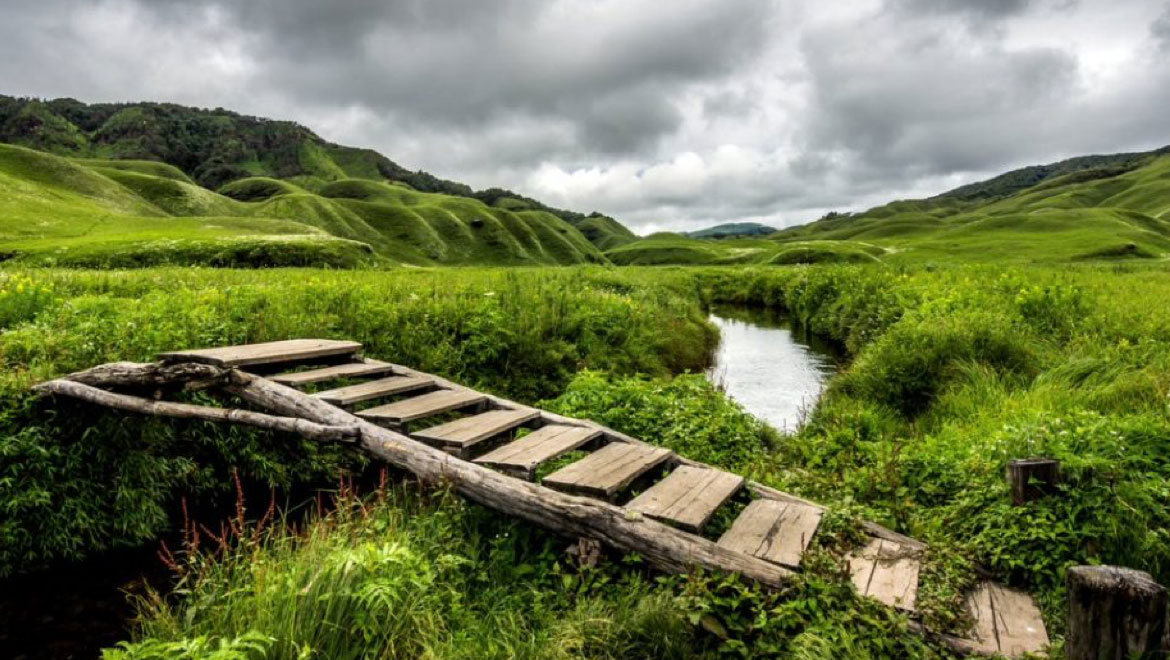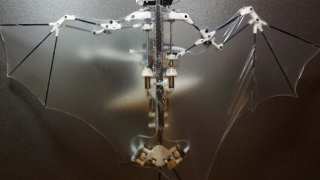The scenic Dzükou Valley in Nagaland, India, became a “plastic-free zone” on Wednesday, June 5th, 2019, coinciding with World Environment Day.
Nagaland, a land cloaked in greenery, is a peaceful place for residents and travelers who frequent the state. As growth creeps into the state, there has been a noticeable increase in migration into towns, and as a consequence, an increase in pollution too.
One of the highest impacted areas of this increasing strain of people on the land is the improper channeling of drainage and treatment of sewage. A common sight across parts of Kohima, the state’s capital, is the streams that have been converted into drains over time and then jammed with plastic waste.
What Does Plastic Do To Our Environment?
Among others, the plastic used in various forms regularly across the state–water bottles, wrappers, carry bags, etc.–have wreaked the most havoc.
It may be mentioned that careless disposal of plastic waste in and around the valley, over the years, has not only become an eyesore but has also greatly endangered the pristine environment.
On June 05, 2019, while observing 'World Environment Day' in Kohima and the ‘Beat Plastic Pollution’ at NBCC organized by Environment, Forest & Climate Change Department, the Chief Minister of Nagaland, Neiphiu Rio, urged and encouraged people to help achieve a plastic-free Nagaland by December 01, 2019.
Actions were taken to prepare alternatives to plastic, such as cloth bags, jute bags, and bamboo cutlery, to name a few. He also encouraged people to adopt the principle of ‘If You Can’t Reuse It; Refuse It.’
Seeing Positive Changes in a Year
The Dzükou Valley is located at the border of the states of Manipur and Nagaland in northeast India, well-known for its natural environment, seasonal flowers, flora, and fauna. It is situated at an altitude of 2452 meters above sea level, and the rare Dzükou lily is only found here. The valley is also a popular destination for nature-lovers, photographers, and adventure seekers.
A local body called the Southern Angami Youth Organization (SAYO) declared Nagaland’s Dzükou Valley a "plastic-free zone." This coincidentally fell on World Environment Day, i.e., June 5, 2019. The youth organization beautified the Dzükou Valley, last year, and cleared the area of plastics and compost waste materials.
Er. Zale Neikha, an advisor for the Youth Resources & Sports, made the official declaration on June 5th, in the presence of the public at Viswema village at 10:00 am.
Did You Know…?
Plastic materials could take up to 2,000 years to decompose. Let that sink in. It is critical to think about what plastics do to the planet and the generations of humans to come.
A retired bureaucrat and the founding member of Green Team Kohima, Thangi Manen, delivered an in-depth presentation on the harmful effects of plastic pollution on the human population, plants, and wildlife. She voiced deep concern that although plastic is a material made to last forever, 33 percent of all plastics - water bottles, bags, and straws - are used just once and thrown away. Disposed plastic materials can remain in the environment for up to 2,000 years and longer, she stated.
She also explained that toxic chemicals leach out of plastics and are found in the blood and tissue of humans, and exposure to such chemicals is linked to cancers, defects at birth, impaired immunity, endocrine disruption, fertility, and other ailments.
Talking about how plastic pollutes groundwater, Manen stated 'water shortage' as a concern in many parts of the state, including Kohima. In addition, the water available is in great danger because of leaking plastic and waste.
When plastic burns, it releases dangerous gases, which contains dioxins that can lead to cancer. In certain parts of the world, families even burn their garbage, which contain a lot of plastic. They also use plastic to keep their wood-fires going. In such close quarters, these dioxins can cause serious health issues for everyone.

Cassava carrier bag. (Source: Public Domain)
Some nations around the world have excelled in going "plastic-free." Indonesia is a great example of a country that has taken this goal seriously through the development of a bag made from Cassava - it looks similar to plastic and functions just as a plastic bag would.
The Cassava carrier bag is environmentally friendly. This project could also be taken up by the Nagas, as cassava or tapioca is abundantly found in Nagaland.
How can we save our home, Earth? Try and implement the adoption of the three R's -- Reduce, Reuse, Recycle!
Top Image: A view of Dzükou Valley. (Source: Twitter)







No comment